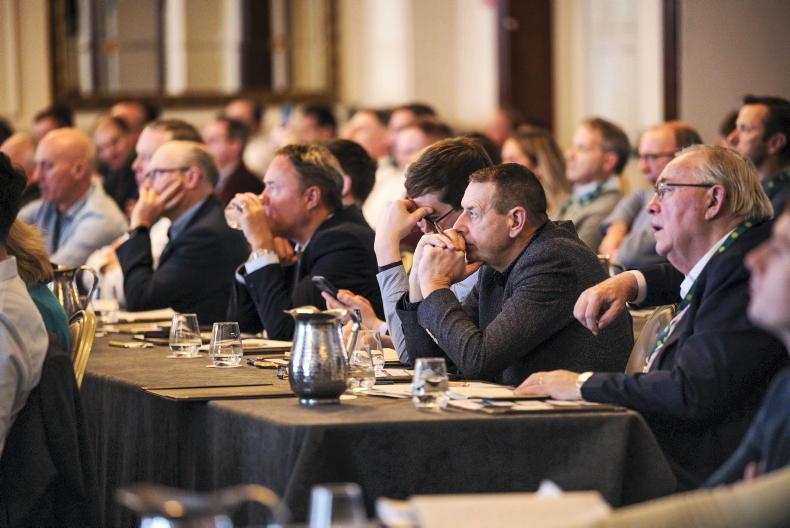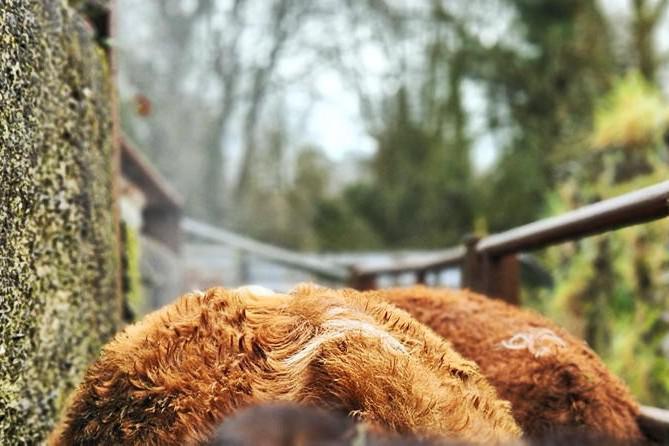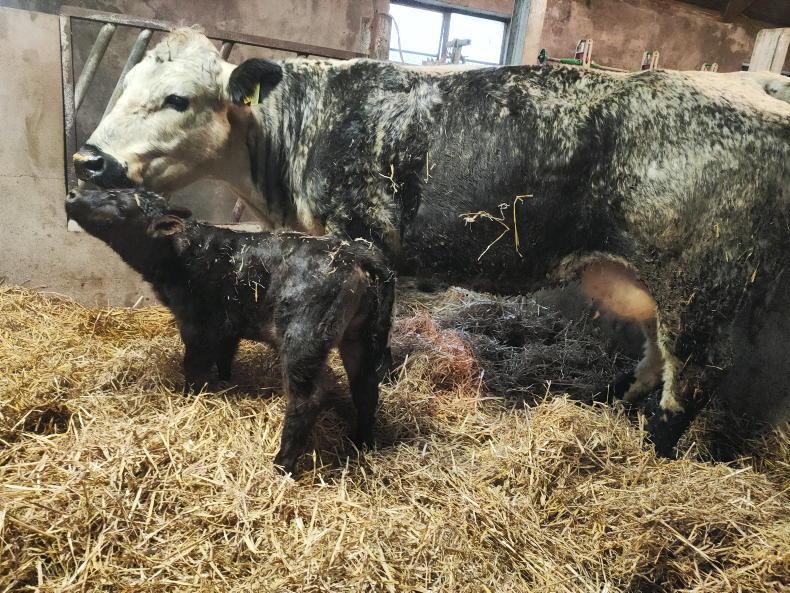The absurdity of suggesting that reducing or even capping livestock numbers on the island of Ireland would contribute positively to tackling climate change is once again being exposed.
As Phelim O’Neill reports, while the debate in Ireland currently centres on capping the national suckler herd, a very different discussion is taking place in Brazil – the largest beef exporter in the world.
A report released recently by the Brazilian beef exporters association forecasts that over the next 10 years, the national herd in Brazil will increase by 24m head; this growth alone is equivalent to 24 times our national suckler herd.
It will see the Brazilian livestock herd swell to over 212m head with annual beef production increasing by 25%.
The forecast growth comes at the same time as Brazil’s National Institute for Space Research shows the rate of deforestation in the Amazon continuing to accelerate.
It would be naive to accept the argument that the acceleration in the rate of deforestation in recent years was not in preparation for the rapid expansion of the national beef herd
In 2020, the land area deforested within the Amazon reached a 12-year high and was equivalent to the combined land area of counties Galway and Mayo.
It would be naive to accept the argument that the acceleration in the rate of deforestation in recent years was not in preparation for the rapid expansion of the national beef herd and in anticipation of increased global demand as countries move to off-shore domestic beef production.
In 2019, we saw an international outcry with governments, environmentalists and NGOs reacting in horror as images of fires raging through the Amazon were shared worldwide.
It was convenient for all to lay blame for destroying the “lungs of the planet” firmly at the doorstep of Brazilian president Jair Bolsonaro.
Yes, the Brazilian president may have created the political landscape that has fuelled the rate of deforestation in recent years, but the economic incentive to deforest the Amazon was then, and continues to be, fuelled by governments and “domestic environmentalists” focusing on off-shoring food production to achieve national emissions targets while ignoring the global environmental impact.
As Colm McCarthy recently highlighted in his commentary, the core of the problem stems from an intense focus on shuffling emissions across 200 territories simply to achieve national emission reduction targets.
The lack of meaningful progress over the last 30 years, as highlighted by the UN code red report last week, exposes the extent to which such an approach has and continues to be a complete waste of time in reducing the volume of harmful greenhouse gases released into the world’s atmosphere – of which it has only one.

The environmental impact of advocating this type of off-shoring approach is even more irresponsible and reckless when it comes to food
In the energy market, this blinkered focus has seen countries close coal-fired power stations only for the goods which these power stations help produce being imported from coal-fired China.
The environmental impact of advocating this type of off-shoring approach is even more irresponsible and reckless when it comes to food. The end result being not just to shuffle emissions across regions but also to increase the environmental footprint of global food production by moving production to more emission-intense regions of the world.
Few could argue that a sharp reduction in the national livestock herd would not go a long way to helping Ireland achieve its emissions targets
The debate currently being played out in Ireland on the future direction of the livestock herd is an excellent example of how a blinkered focus on achieving national emissions targets is flawed. Few could argue that a sharp reduction in the national livestock herd would not go a long way to helping Ireland achieve its emissions targets. But how can the Irish Government or the environmental lobby defend the introduction of national policy that will ultimately help create the economic incentive for further deforestation of the Amazon rainforest and subsequently increase the environmental footprint of global food production?
Reducing beef or dairy production in Ireland will not reduce global production of these products. As the Brazilian figures show, it merely moves production to more emission-intense regions of the world. This was admitted in the EU’s JRC report on the impact of Farm to Fork recently.
To make a meaningful attempt to tackle climate change and reduce emissions, Ireland needs to engage with every other country in the world to develop a global approach to food production. There is an opportunity coming up in Glasgow with COP 26 in November. The UN describes this as the world’s last best chance to effect meaningful measures that will address the problem. This global gathering simply must agree a global policy that will address emissions from global food production. A quest in which Irish farmers will rightly be expected to play an important role.










SHARING OPTIONS